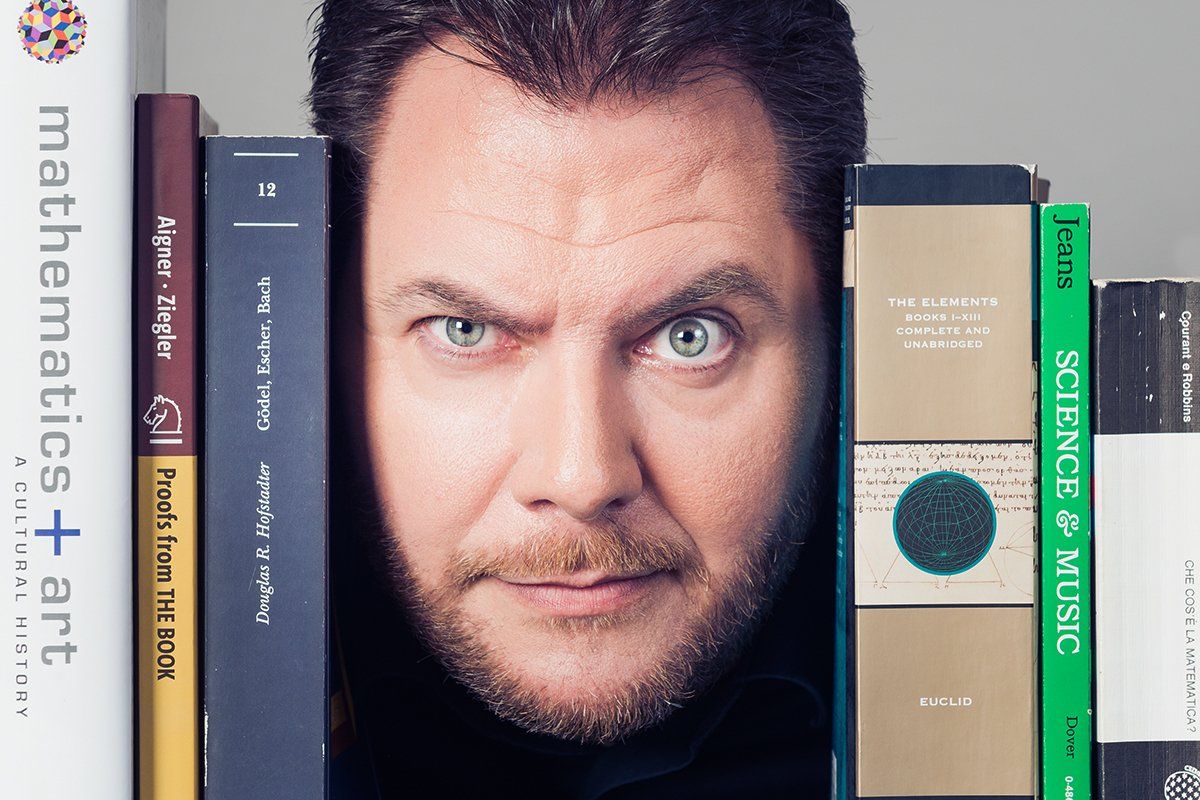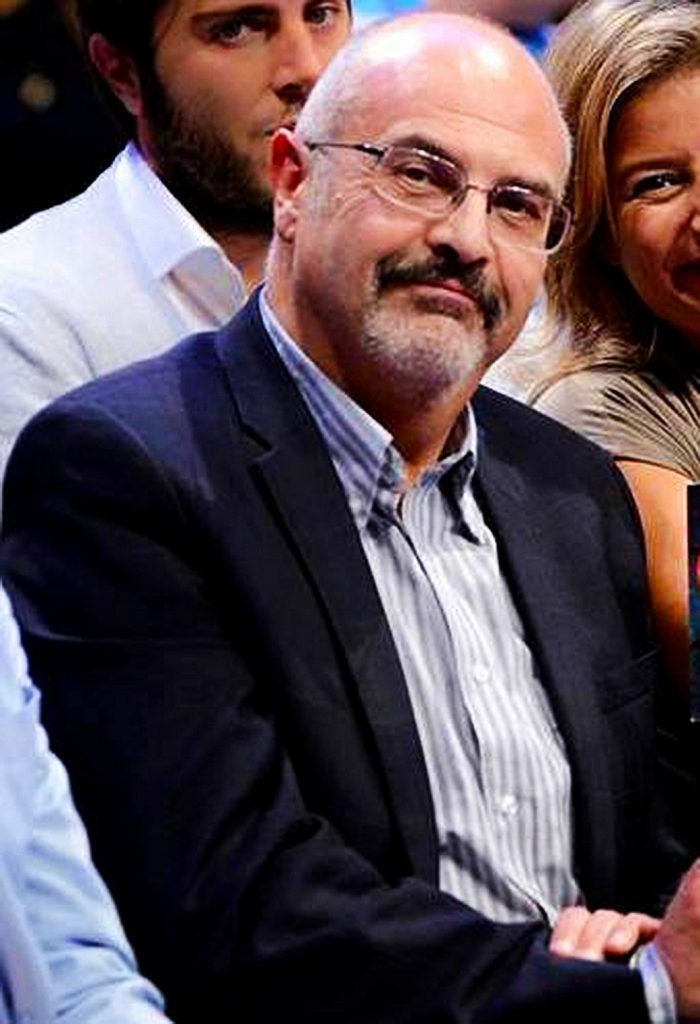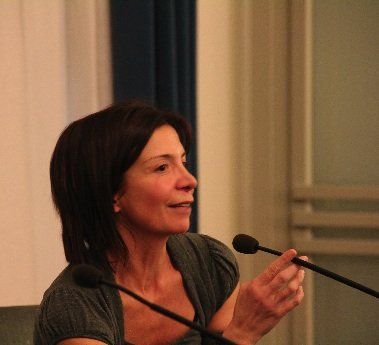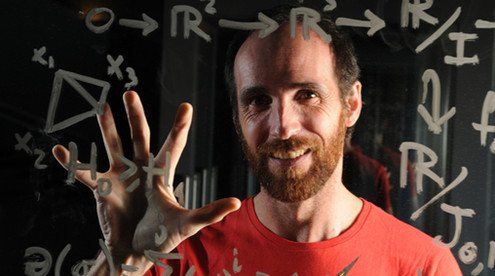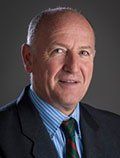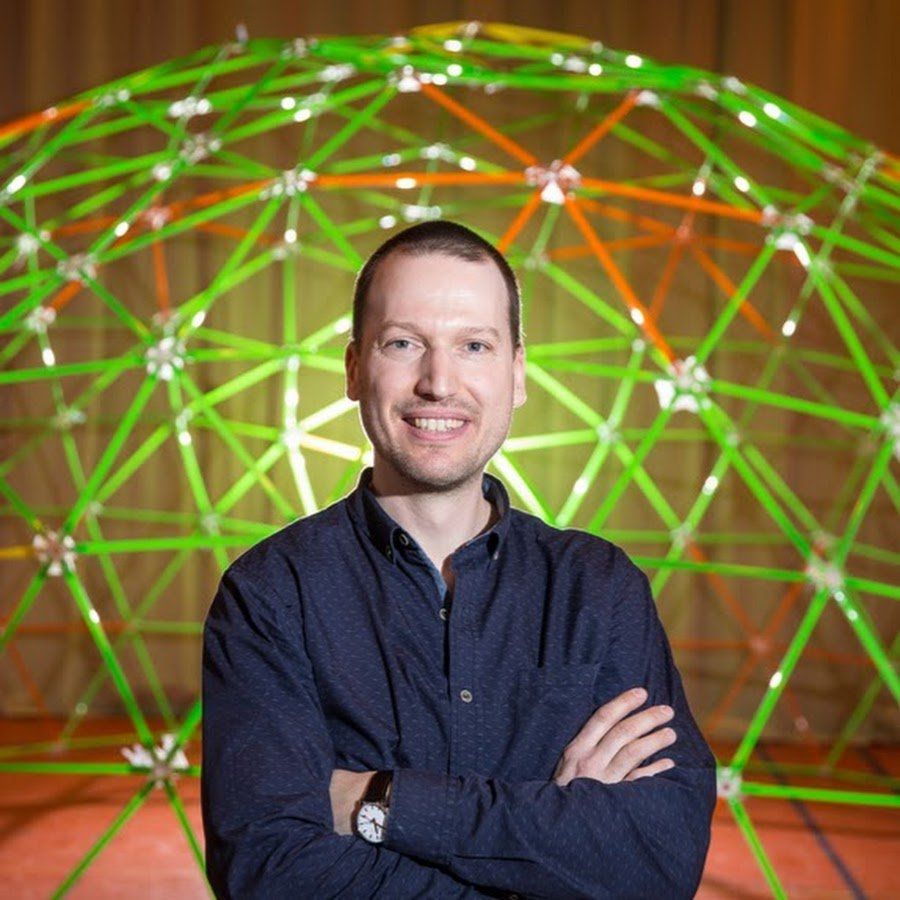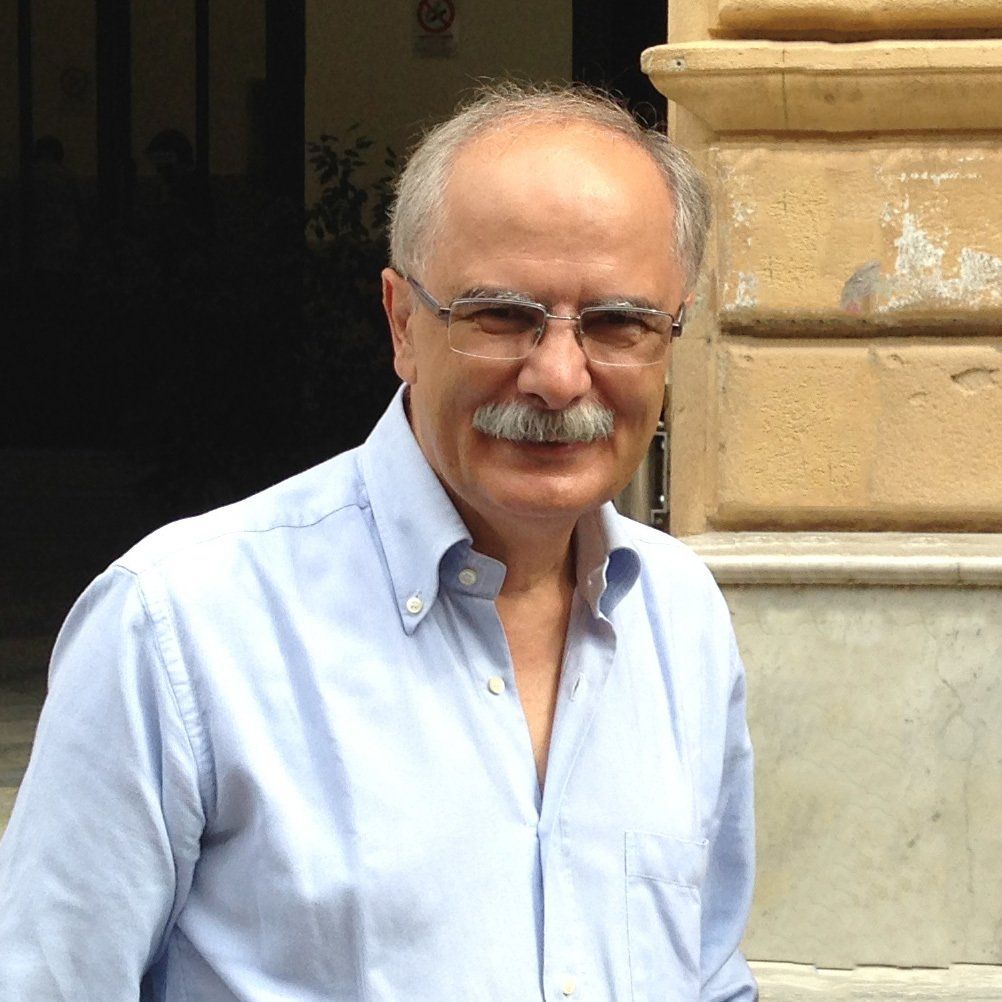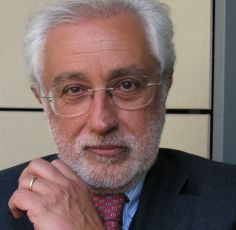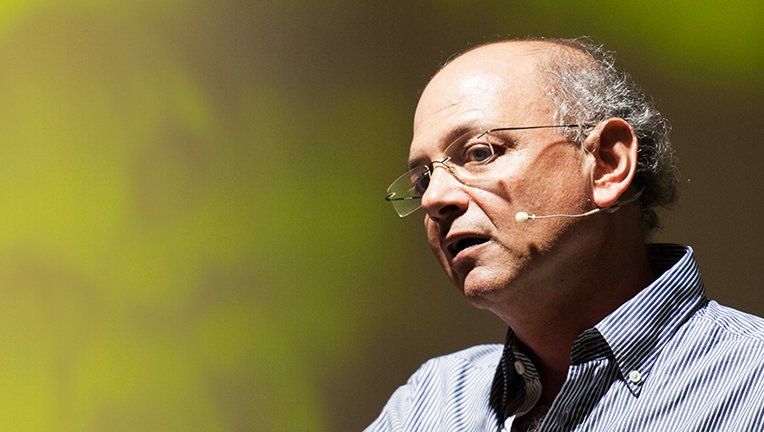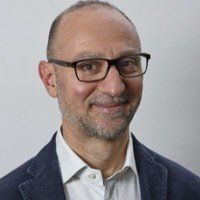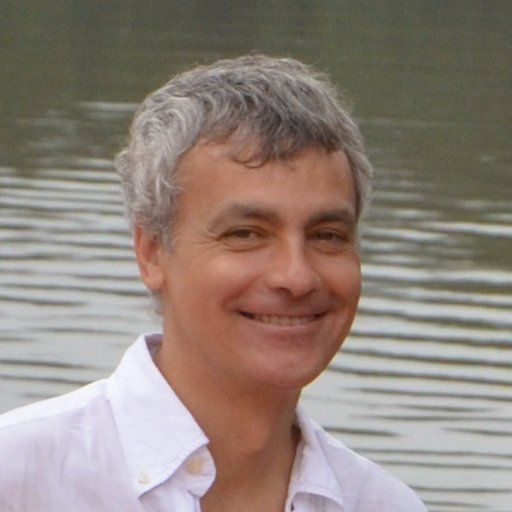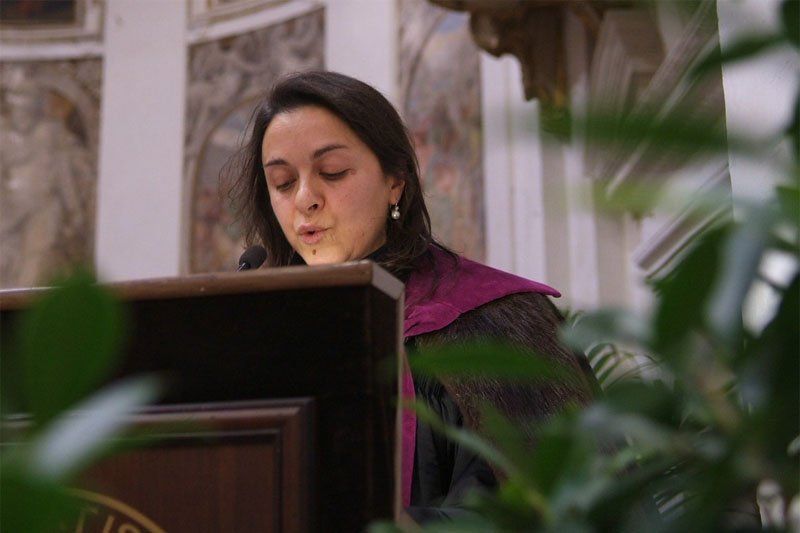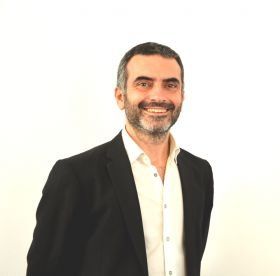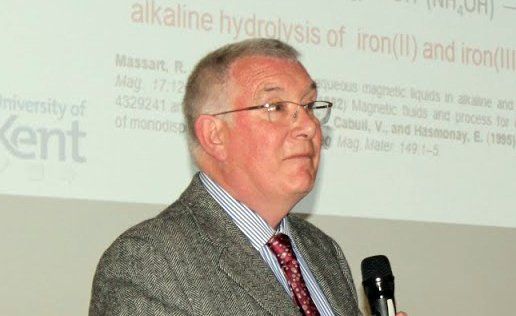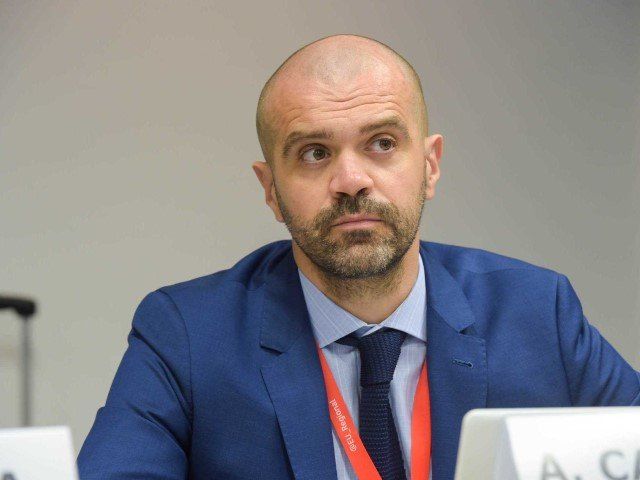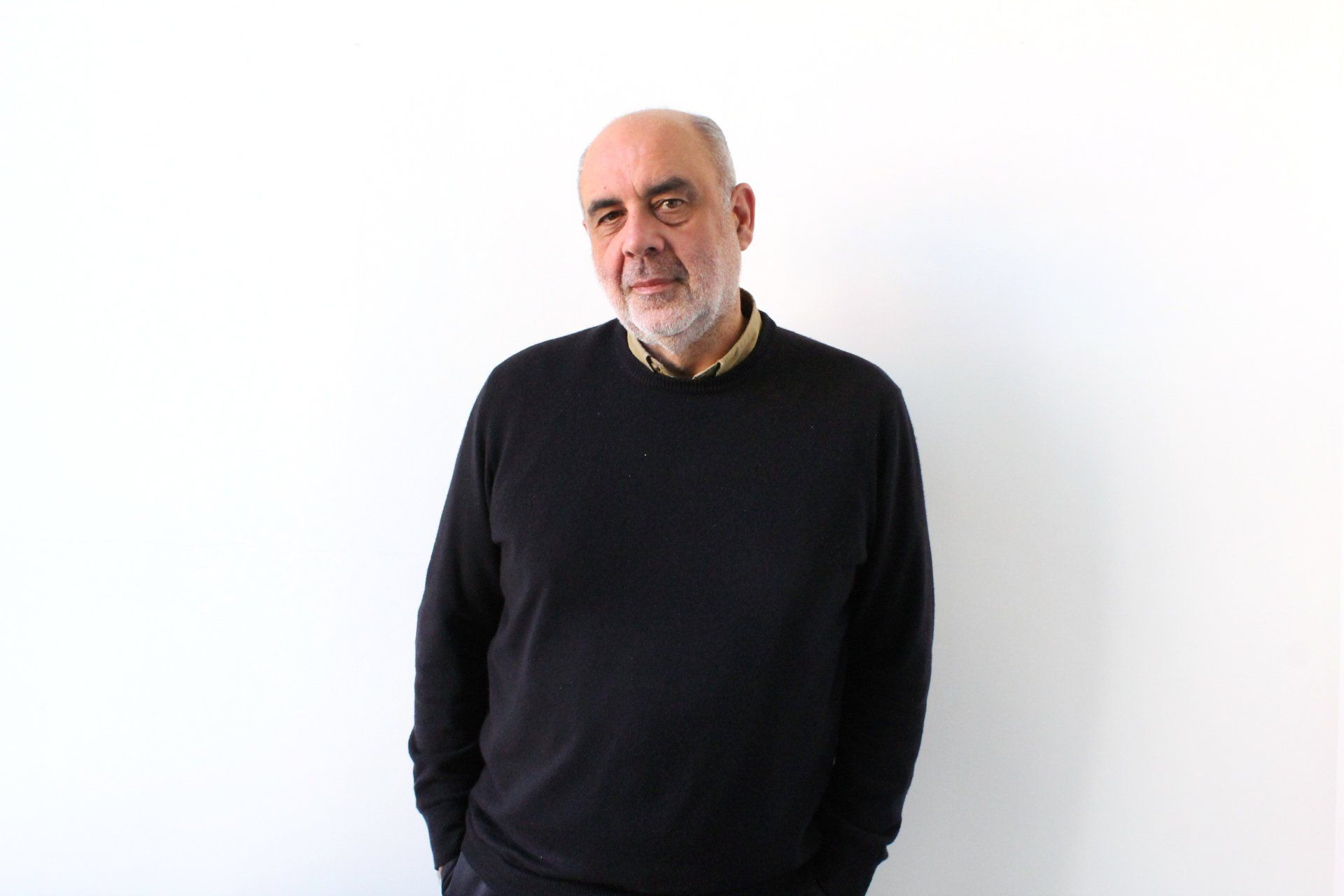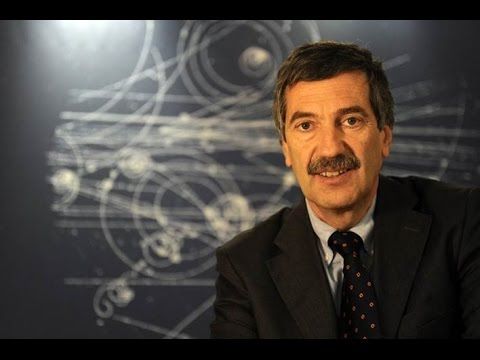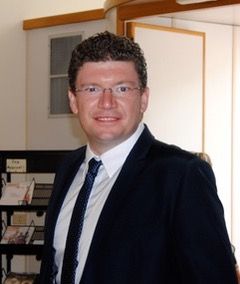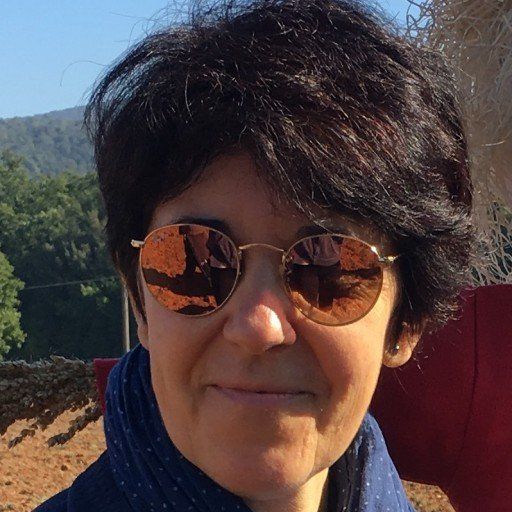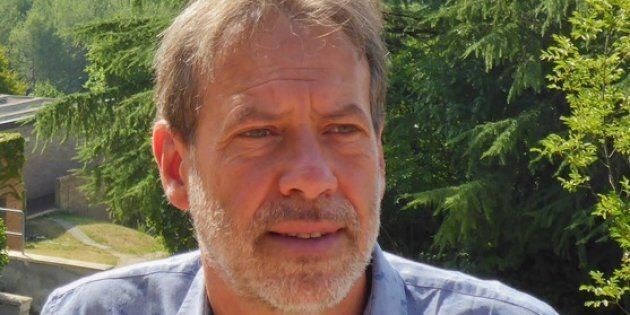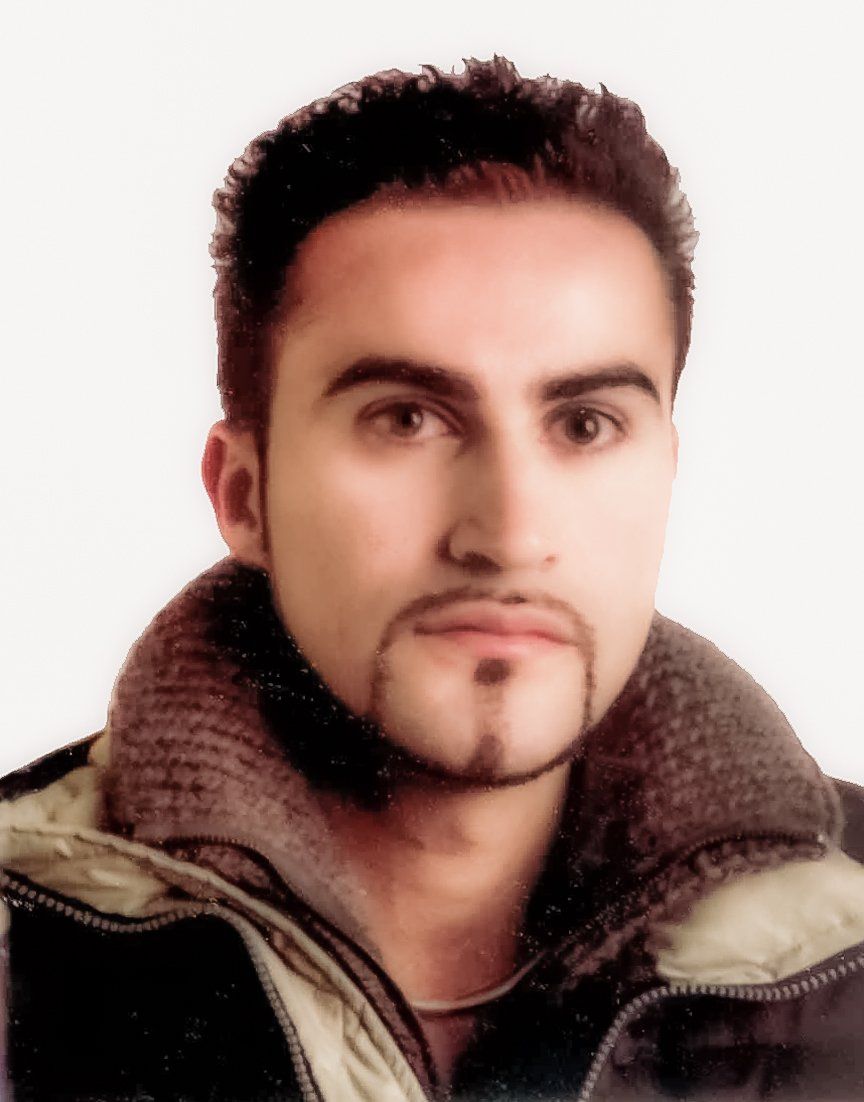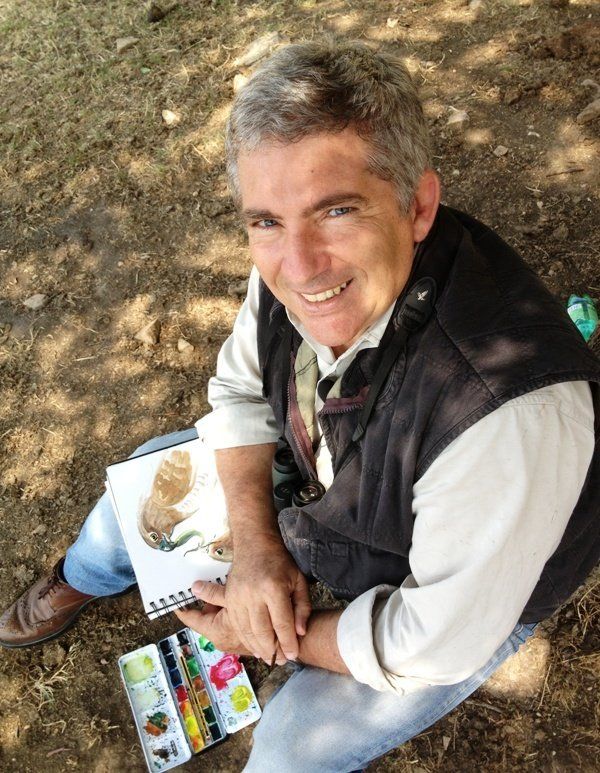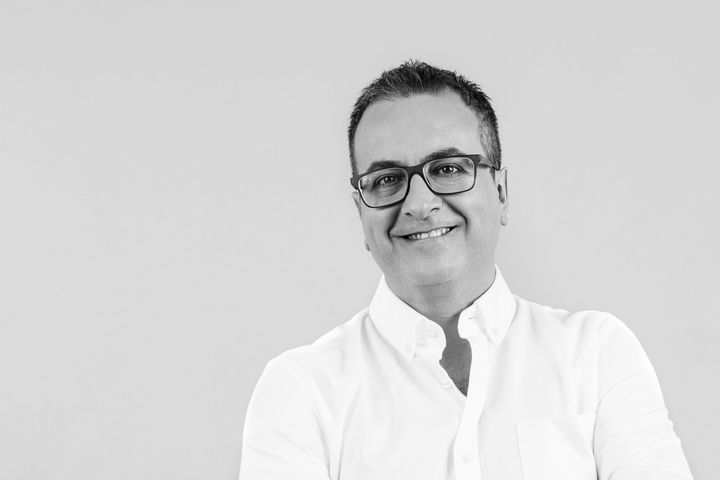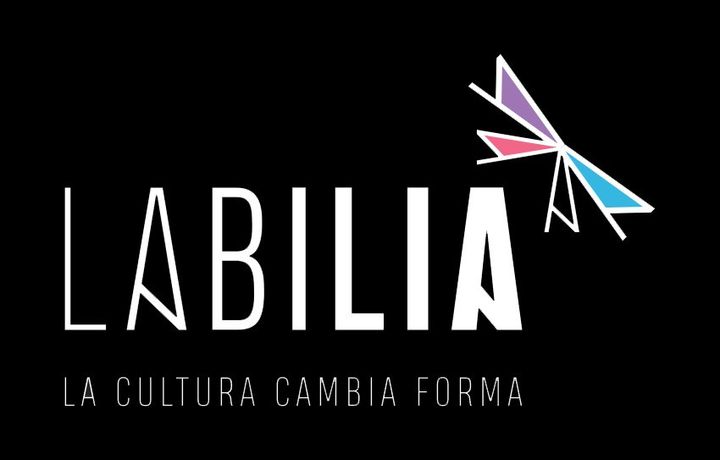The Organization
The Scientific Committee
Luigi Amodio
Luigi Amodio is Director of the Science Center of the City of Science in Naples. He taught at the University of Naples "Federico II" and still teaches in the Masters in Scientific Communication of the University of Milan Bicocca and in the Master in advanced studies of museum education at the University of Rome 3. He is a member of the Board of Trustees of ECSITE, the European network of science centers and science museums; he is also an elected member of the Kuratorium (Board of Trustees) of the Deutsches Museum in Munich and of the Board of the Campania Coordination of ICOM.
Eduardo Sáenz de Cabezón
Eduardo Sáenz de Cabezón is a lecturer in mathematics at the University of La Rioja in Spain and also holds a degree in Theology. He develops his research in the area of computational algebra, to which he contributed with numerous research articles and important collaborations with European scientists. It carries out an intense activity of popularization of mathematics through conferences, shows and workshops for people of all ages. Winner of the Fame Lab 2013, he is one of the founders of the Big Van - Cientificos sobre Ruedas group, itinerant scientific monologists committed to spreading the love for science.
.
Roberto Defez
He is director of the microbial biotechnology laboratory at the Institute of Biosciences and Bioresources of the CNR in Naples. He has published over 40 papers in peer reviewed journals, 5 patents and two copyright marks. Since 1998 he has been involved in the public debate on the validity of GMOs. He is a frequent guest on radio, TV and newspapers with interventions on GMOs, biotechnologies and scientific research. He is the author of some books.
Giovanni Torchia
Giovanni Torchia, with a degree in Natural Sciences, has worked as a marine biologist collaborator, expert on the subject, for the University of Genoa in the field of research on fishing, coastal fish fauna and pelagic ecosystems of the upper Ligurian Sea; in 2001 in Tunis he played the role of Marine Biologist Expert for the United Nations (UNEP); from 2003 to 2009 he worked as Scientific Director of the Nautilus Cooperative. He works at Golder Associates, where he coordinates and manages environmental studies, marine environment monitoring and environmental protection plans in various countries of the world, mainly in Europe, Africa and Asia. He is co-author of 65 scientific publications in national and international journals.
Pippo Ciorra
Pippo Ciorra is full professor of architectural design at the University of Camerino, architect, critic, curator, and has been collaborating since 1981 with newspapers, magazines and radio stations. He is the author of many essays and publications. Among the best known, Without architecture, the reasons for a crisis (Laterza, 2011). Member of the editorial committee of Casabella from 1996 to 2012, he is also the author of essays, monographic studies and texts on the city and on contemporary Italian architecture. He is director of the Villard d'Honnecourt international doctorate and of the Villardjournal magazine. He has curated and set up exhibitions in Italy and abroad; since 2009 he has been senior curator for architecture at MAXXI, where he curated, among other exhibitions (Re-cycle, Energy, Food, YAP_MAXXI, Piccole Utopie, The Japanese House, Bruno Zevi). He is co-curator of Demanio Marittimo km 278, an annual nocturnal event dedicated to architecture and other arts, held on the beach of Marotta.
Emanuele Frontoni
Emanuele Frontoni, Professor of Computer Science and Computer Vision of the Information Engineering Department of the Polytechnic University of Marche, carries out his research activities in the field of artificial intelligence and vision, analysis of human behavior, augmented reality and sensitive spaces with applications to the world of Industry 4.0 and Retail. He collaborates with important national and international companies and actively participates in different European projects in the sector of business digitization. He is the author of over 120 international articles on the subject and reviewer of H2020 projects for the European Commission.
Andrea Monteriù
NAndrea Monteriù is researcher of Automatics at the Department of Information Engineering of the Polytechnic University of Marche, where he is currently also lecturer of the Course of Fundamentals of Automatics. His main research interests include control methodologies for dynamic systems, fault prognosis and diagnosis, fault tolerant control techniques, predictive maintenance, autonomous systems control and driving techniques, mobile and service robotics, and assistive technologies. The research activity is documented by over 100 publications in international journals and national and international conference proceedings, together with the publication of 5 scientific books. Icola Armaroli is research manager at the National Research Council (CNR). He is a Fellow of the Royal Society of Chemistry (FRSC) and an elected member of the Executive Board of EuCheMS. He has published over 200 articles in international journals in the field of photochemistry and its technological implications, such as the conversion of solar energy, new materials for lighting technologies and catalysis. It carries out consultancy and scientific dissemination activities on energy, resources and the environment. He has published various books on these topics, including the best-seller Energy for the spaceship Earth, written with Vincenzo Balzani and now in its third edition (Zanichelli 2017). He directs Sapere, the oldest Italian science magazine, founded in 1935.
Francesco Petretti
Francesco Petretti is a biologist and teaches Conservation Biology at the University of Perugia and Wildlife Ecology and Management at the University of Camerino. He is a member of the WWF Scientific Committee and has directed the Biodiversity programs of the same association, dealing with the protection of natural resources and threatened species. He oversaw the editing of the Red Book of Plants of Italy and Animals of Italy. He is a member of the Species Survival Commission of the International Union for Conservation of Nature and of the Working Group on steppe birds of Birdlife, and has been dedicated for years to the study of the ecology and behavior of birds of prey and bustards. His studies on the snake eagle have been the subject of scientific communications and a monographic volume. He collaborates with the periodical Io Donna (Corsera) and is Scientific Director of the OASIS magazine. He commented on the Great Migrations series of National Geographic in Italy and oversaw the making of naturalistic documentaries that were broadcast by the major Italian television networks in the programs PAN Natural Stories (RAI3), the Quark World (RAI1), Geo & Geo (RAI3 ) and winners of national and international festivals. He is the author of text and popular books. He is also the author and host of radio and television programs on Science and Ecology and since 1997 he has been an expert naturalist of the GEO & GEO program for RAI 3 and scientific consultant for various television programs (Quark, Passage to the North West, Explora).
Labilia is a cultural enterprise that deals with musical productions, event and festival productions, artistic and scientific dissemination. Its core business is the creation, planning and executive production of contents of aesthetic meaning and value, integrated with the necessary product / service function. It focuses on three areas: Musical Productions: creation, production, distribution and edition on an exclusive roster, artistic, production and distribution directions on assignment. Festival and event productions: creation, design and executive production for festivals and branded events; artistic direction, supply of organizational and logistic planning services for festivals and events on assignment in the public and private sphere. Dissemination productions In the artistic and scientific fields: creation, planning and coordination of educational and speeches on an exclusive roster; scientific and artistic directions design and coordination on assignment in the public and private sectors. It is directed by Mauro Labellarte. www.labilia.it



